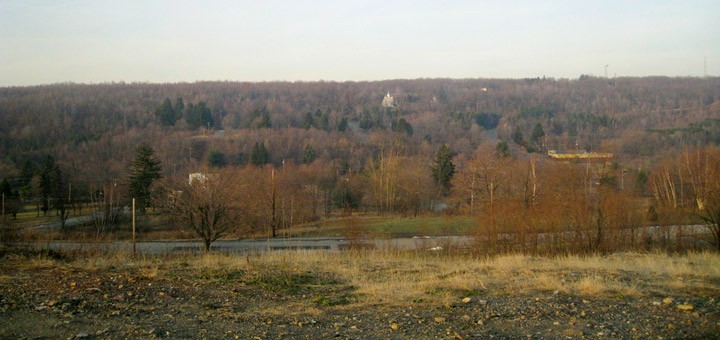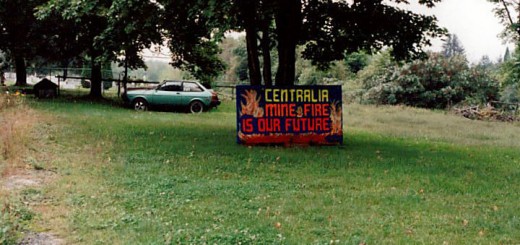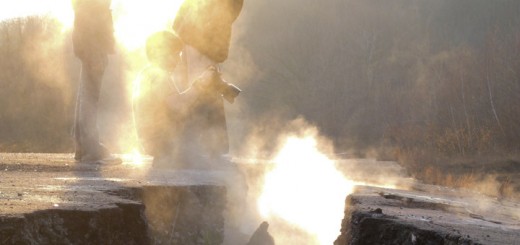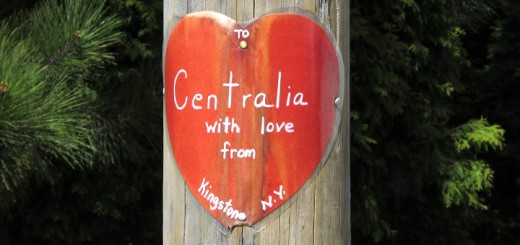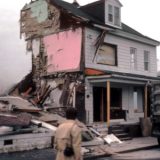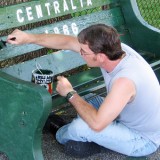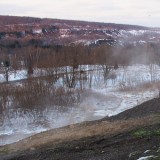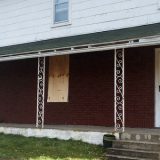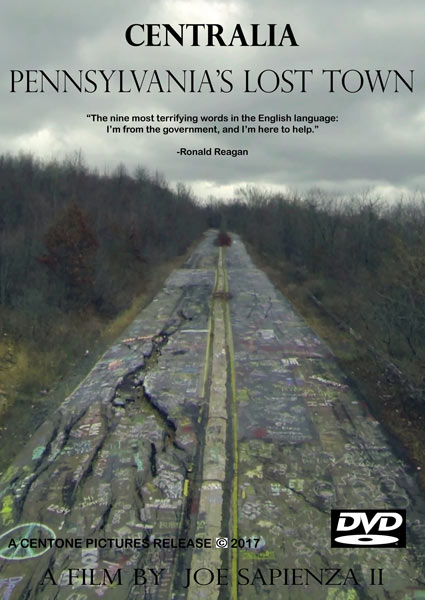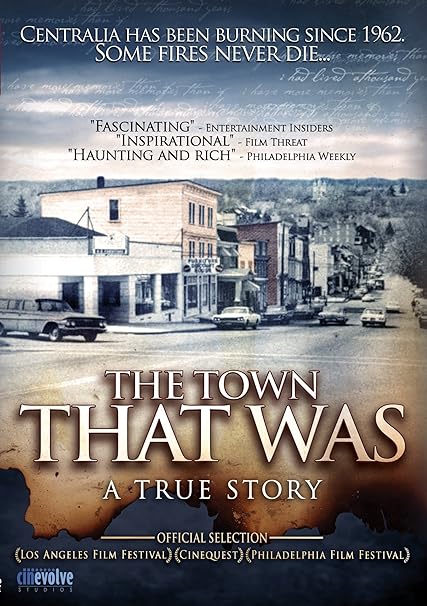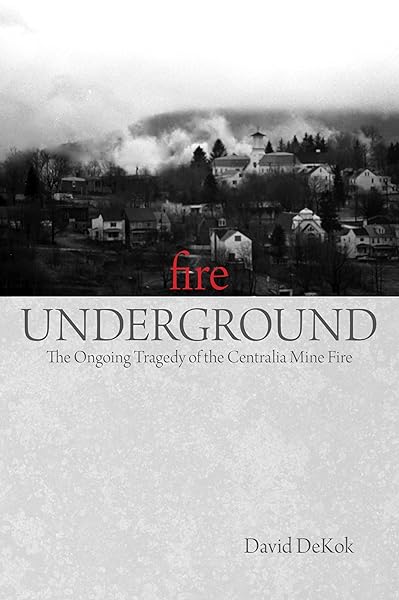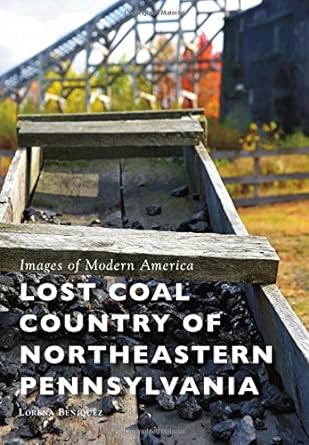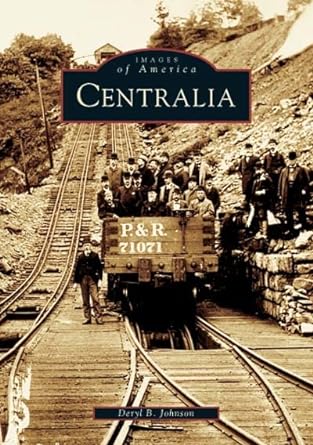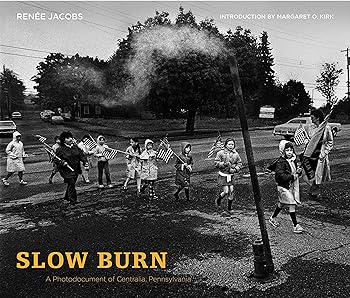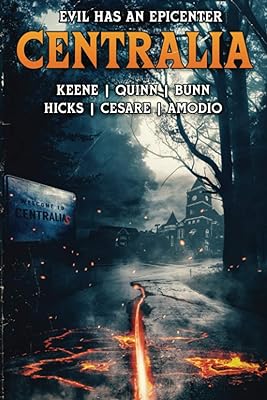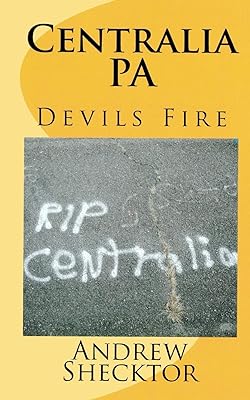What gives a town its value and makes it worth saving?
Is it the people who live there? Maybe it’s their memories and the town’s history? Perhaps it’s the value of the property and the homes built upon this? Unfortunately, in the case of Centralia Pennsylvania, none of these seemed to matter all that much.
Some have proposed that Centralia was part of a vast government conspiracy to get at the billions of dollars of anthracite coal under the town. While this idea seems plausible, there is little hard evidence to support it according to journalist David DeKok in his book Fire Underground.
Instead the truth of why Centralia PA was left to burn is much less dramatic and all the more sad. DeKok points out that in 1967 the United States Bureau of Mines had proposed protecting Centralia from the mine fire using trenches. This would have used a proven, effective method to block the fire at a cost of $4.5 million dollars.
While this certainly was a significant sum of money, there were funds available that could have been drawn upon to make it happen. Why then was this plan abandoned and faulty, ineffective flush barriers used instead?
According to DeKok’s research, the answer can be found in a 1978 memorandum explaining why the Bureau of Mines canceled the trench project. In this, a government official connected with the Centralia mine fire project stated that the decision hinged on the cost of it. Saving an estimated $500,000 in real estate did not justify spending $4.5 million dollars of taxpayer money.
Consider this for a moment. The entire town of Centralia Pennsylvania was supposedly valued at $500,000 in the 1960s. All of the property, all of the homes, all of the residents and their families, all of this was valued at $500,000.
This decision seems quite shortsighted and foolish, especially considering what it later cost to move the entire town. The relocation of Centralia’s residents would eventually cost taxpayers $42 million dollars, ten times what it would have cost to stop the fire with trenches in 1967.
They say only hindsight is 20/20, and from that perspective it is difficult to fault the government for the decision it made. But, imagine for a moment if the Bureau of Mines had considered more than just property values in their equation to save Centralia PA. What would the value of the history, people, and their families have been? Might the town have been worth saving then?

